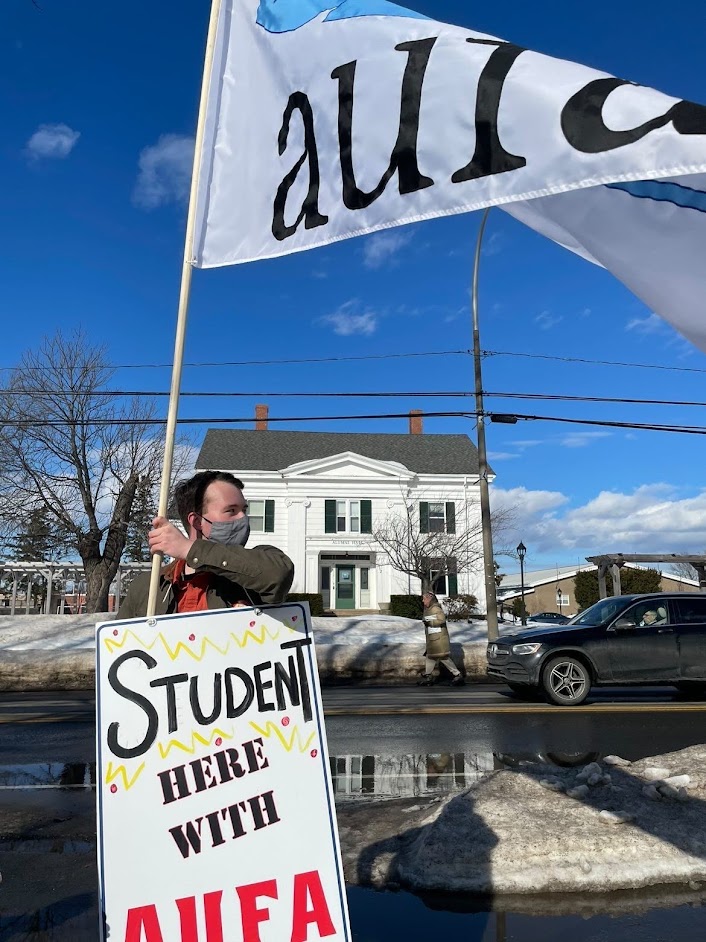T’is the season for neoclassical and Keynesian economists to find one more thing to fight over: the true economic impact of Christmas! If you don’t have a clue what any of that means, don’t worry, you’re not alone. The long and short of it is this: there are many schools of economic thought that treat big events differently, and fear not, I am here to (make literally everything into a snoozefest) explain the most important ones to you.
First up, the neoclassical perspective. If you’re not sure what a neoclassical economist looks like, picture the guy from your finance class who looks like he’s never missed a Vineyard Vines sale and says stuff like “you can’t arrest me, my dad’s a lawyer” and “the freer the market, the freer the people” (which is a debate for another time, we’re keeping it cheerful today). Neoclassicals approach economics with the view that “efficiency” of markets is the ultimate goal. Their critique of Christmas is that within the standard microeconomic framework of consumer preference, it is likely that gift-giving will leave recipients worse off than if they had made their own consumption choice with an equal amount of cash. In English: you buy things because on some level, you get satisfaction from them. You know best how you would spend a certain amount of money, so when someone else buys you something, they’re taking their best guess as to what you would get for yourself with that amount of money. Sometimes they get it right, but more often, you end up with something you have no use for that ends up collecting dust, being re-gifted, or being thrown out. The wasted money on a good or service that provides no value to the recipient (or at least, less value than the purchase price) is referred to as deadweight loss. During Christmas, this happens on a far larger scale than it does the rest of the time; thus, the money wasted on unwanted gifts represents a massive inefficiency. This finding was published in 1993 by a University of Minnesota professor under the delightfully Scrooge-ish name “The Deadweight Loss of Christmas.” The paper also refers to income tax as a cause of deadweight loss, though, so explaining gift-giving through a lens like sentimentality or goodwill isn’t going to go far.
The neoclassical model mainly looks at Christmas through a microeconomic, or individual market, level. One could argue that the real impact of Christmas is felt at the macro, or economy-wide level. This is where the Keynesian perspective comes in. You can most commonly find Keynesians in the form of a social sciences professor who means well but still doesn’t understand how inflation works. The basic idea of Keynesianism is that the government has a role to play in the functioning of the economy, i.e. when a recession occurs, the government should invest in job creation and other mechanisms to boost the economy. Keynesians also believe in something called the multiplier effect, which states that a dollar spent leads to at least that much in subsequent expenditure, encouraging economic growth. Under Keynesian logic, Christmas expenditure is good because it stimulates economic growth and job creation, even if most of the expenditure is on useless junk you’ll stash in your basement once your extended family finally clears out. Keynesianism is also the theory that advocated for digging holes and refilling them as a form of job creation, so clearly efficiency is the least of their concerns.
Leaving the dry-as-dust theory behind, some organizations have managed to bring humour and holiday cheer into economics. The American investment bank PNC maintains what they call the Christmas Price Index. It’s a satirical version of the Consumer Price Index (a measure of the cost of living) that measures the cost of the items mentioned in the song “The Twelve Days of Christmas.” If you’re curious, in 2017 your lords-a-leaping, swans-a-swimming, golden rings, and the rest of the lot would set you back approximately $160,000 USD.
If this taught you anything, I hope it explains how lost the main schools of economics are without each other. Whether they’re willing to admit it or not, their theory is incomplete without the other side of the coin. I also hope that you enjoy your Christmas if you celebrate, and if you don’t, I hope you enjoy the mindless consumerism and time off work. Merry Christmas from me and everyone else at The Ath, and I’ll be back to bore you to tears in 2019!
Mallory Kroll is a fifth year Economics student and Managing Editor of The Athenaeum




